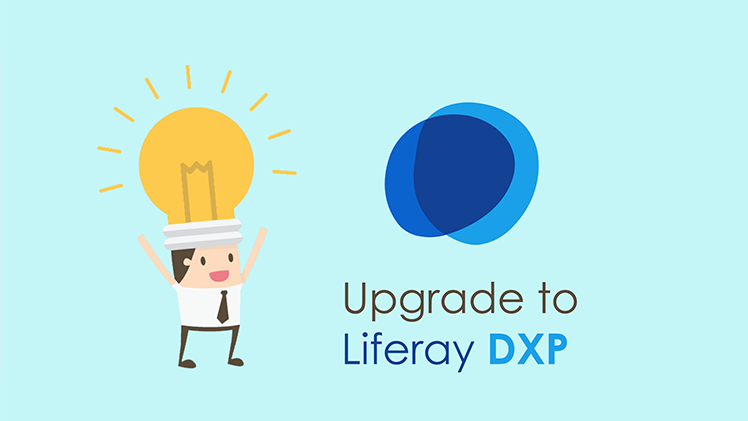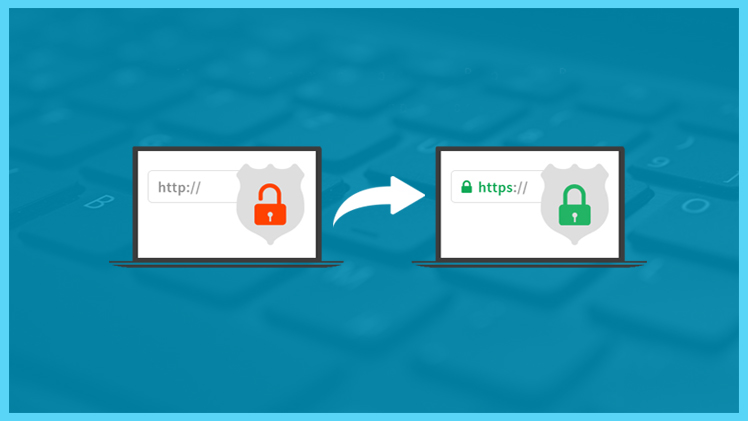
What is ERP?
ERP is an acronym for Enterprise Resource Planning.
ERP integrates the core processes of finance, supply chain, HR, procurement, inventory and other vital components into a single system. It facilitates real-time information and provides visibility, analytics and efficiency so that the business can make data-driven decisions and manage its performance. Basic ERP principle is the central collection of data for wide distribution where the database management serves a secured and centralized data repository, for a common user experience of data which is complete, correct, and updated.
ERP software enables a company to standardize its processes by collecting and organizing data from various departments and create a structured approach which automates the business processes. This integrated approach ensures that everyone is using the same data and monitoring the same Key Performance Indicators (KPIs).
How ERP can help small and medium-sized businesses?
Previously ERP was expensive and meant for only large companies. Now, with the introduction to cloud-based ERP solution, even small and medium businesses can have the access to this systematic data management service, selecting only the services they require and leaving out the rest. This lightweight ERP is flexible and convenient for the changing business needs. Small and medium businesses can purchase modules which are sold separately or as a bundle plan. The features of ERP software may be customized to limited access of functions that the business needs.
Benefits of an ERP system:
[1] Integration across all business processes
From the back office where production and distribution is monitored to the customer representative facing the front-end and taking care of the planning and scheduling, everyone has the access to the same reliable information, thus reducing the risk of confusion.
[2] Automation increases efficiency
By automating the business processes, ERP can successfully make it more efficient and user friendly which leads to improving productivity. Business processes like accounting, sales, marketing, production and inventory can be integrated in one ERP platform. ERP also automates everyday tasks which are done manually, like entering data or generating reports, thus eliminating repetitiveness and helping the employees to focus on core deliverables.
[3] Improved business insight
Analysis is now made easier on ERP. Also, you can make quality reports and analyze the performance of your organization easily. ERP solutions enable managers and key stakeholders to use interconnected dashboards to quickly analyze, report, and improve business performance. Decision making is conveniently done just by glancing at the key performance indicators across the organization.
[4] Lower operational costs
The company is able to cut down costs by leveraging ERP. Business processes can be monitored and thus delay, disruption or breakdowns can be prevented, which is profitable to the company. Operational costs are reduced due to the lack of manual work and proper forecast. Since other business units work together using real-time data, sudden problems which arise can be resolved quickly.
Nowadays the workforce requires access to digital problem solving methods on-the-go, which enables them to collaborate and share information. With ERP software solutions, the employees can work with satisfaction and perfection. Still curious about how it works? Let our expert ERP consultant help you to select your ERP essentials based on the size of your company. Begin your digital transformation today!





